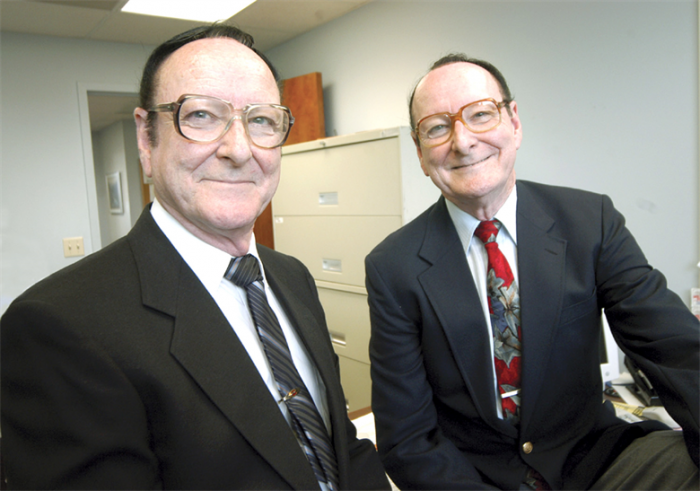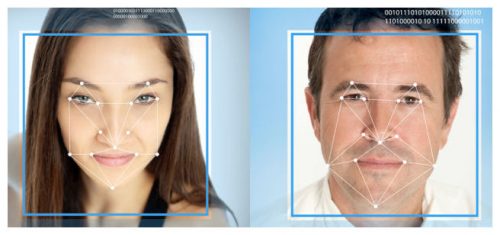
Do you ever wonder what others say your personality is based on what you look like? It looks like that is not a hoax since Morphopsychology or the study of personalities and behaviors based on face features do precisely that.
Face profiling, in layman’s term, is somewhat a discipline with no scientific endorsement. However, it provides a theoretical approach based on observations, intuition, or at best correlation.
“Recent studies have found that the human face can also convey essential characteristics that make us who we are,” writes Vinita Mehta, Ph.D., Ed.M.
But what is the truth about it? Let’s look a little closer on what Face Profiling really is.
Can You Read A Face?
Morphopsychology started in France, with Dr. Louis Corman writing his first book about it. In 1937, he explained that Morphopsychology helps one to identify the behaviors and personalities of people basing only on their face.
The face, however, should not be moving, as you only analyze the facial features, such as the face shape. As you watch the person methodically, it gives you more details on who the person truly is or his profound nature.
Studying the personality of a person based on his face helps him to know himself better, as well as to align his life based on his wishes. It is interesting to note that while interviewing the person is not necessary; face profiling can already be done with just a single snapshot.
“The link between facial features and character may be tenuous at best, but that doesn’t stop our minds from sizing other people up at a glance,” adds Alex Todorov, PhD.
The Theory Behind The Look

Although face profiling has no scientific endorsement yet, it does have a scientific backbone. The theory was developed based on the notion that a person’s face reflects his DNA. His genetic link strongly influences certain character traits.
In fact, a study from University of Edinburgh said that “genes play a greater role in forming character traits than previously thought.” By studying 800 sets of twins in the U.S., with ages more than 50 and above, they tracked their responses based on these questions:
- “Are you influenced by people with strong opinions?”
- “Are you disappointed about your achievements in life?”
“Previously, the role of family and the environment around the home often dominated people’s ideas about what affected psychological well-being. However, this work highlights a much more powerful influence from genetics,” says Prof. Timothy Bates, PhD.
They found that identical twins are twice more likely to share traits, given their same DNA make-up compared to non-identical twins.
The Future Of Face Profiling

With the advancement of technology, as well as the growing curiosity of people, face profiling has become more advanced than ever. In fact, a company called Faception, an Israeli startup which was founded in 2014, provides analytics based on your face.
A facial-profiling company, this venture is being led by world experts in computer vision, facial analysis, machine learning, psychology, technology, and marketing. More than just your curiosity about your personality type, Faception provides a more relevant use of their services.
Through face-profiling, potential terrorists and criminals can easily be identified. Beyond the common biometrics, the company offers solutions using facial images of the person and determine if he would be a potential threat.
However, facial profiling can also be dangerous if not put to good use. It can be mistakenly taken as racial profiling and might harm innocent individuals in the process. Although advancements in technology led us to profile people more accurately, the truth is that facial recognition technology is not the one to profile other persons; people still profile other people.
At the end of the day, we should learn how to use technology based on the common good, not just because of our plain biases.